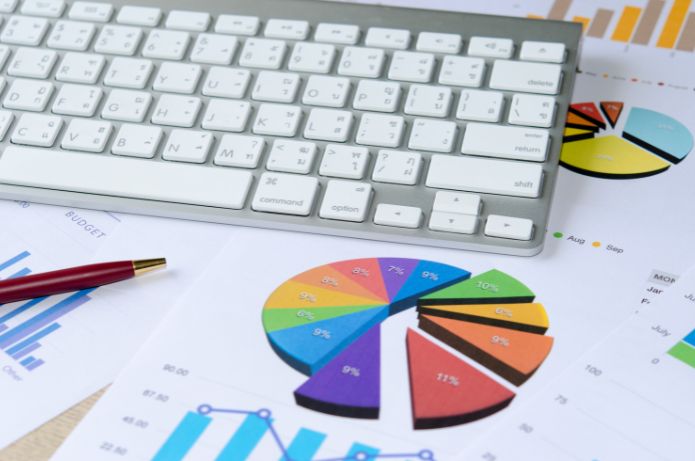No company or organization is alone. This is obvious. But the impacts of these relationships are not always well established when the subject reaches the reputation and its impact on sales and business.
Imagine a large company.It needs to rely on a supply chain that can add up to thousands of other companies, which in turn buy products, services, inputs and raw materials from many others.In a world with ESG issues on the agenda, this entire universe will weigh in favor (or against) the contracting company.
For those who still imagine that this agenda is philosophical, ideological or far away, some facts show the opposite. In the environmental issue (the ESG E), the European Council approved last year a kind of tax on the carbon emission of exporting companies to countries of the European Union (Carbon Border Adjustment Mechanism, or CBAM). The mechanism will reach imports of carbon-intensive products such as iron ore, fertilizers and cement.
By the end of next year traders are expected to report on emissions, with implementation expected from 2026.
In addition, in April the European Parliament approved the Corporate Sustainability Due Diligence Directive (CS3D), which obliges European companies with more than a thousand employees to check their value chains, from the extraction of raw materials to the distribution of the final product, which also involves suppliers that at first do not even have a commercial relationship with Europe, such as a seller of meat or cotton for companies that 'do 'export to European companies.
The financial crisis of 2008 triggered more adjusted commitments of financial institutions with the risk of their customers, defined in the so-called Basel Agreement. Nevertheless, situations such as the recent collapse of the Americans raised suspicions of collaboration of financial institutions in the operation of balance sheet makeup.
That is, believing or not, like it or not, many companies will be involved in the game under penalty of commercial impact. The big ones are already preparing, with greater or lesser deepening. Natura began to measure ESG indicators throughout its value chain in 2021 and identified that 96% of its climate impact is related to this chain, both before and after manufacturing, including consumption and disposal. It also created the embrace Program, to involve the chain in positive impact initiatives. One of the winners was Wheaton, whose carbon footprint collapsed with the adoption of biomethane in furnaces.This year Natura also announced its Regenerative Alliance, to empower partners in the adoption of sustainable solutions.
A Alive it also announced anticipation of its net zero target from 2040 to 2035 with an eye on reducing scope 3 emissions (supplier and customer chains). A giant challenge for those who have 1.2 thousand suppliers and more than 110 million customers. First, it has engaged in a program with 125 carbon-intensive suppliers, emitters of 85% of the total chain, to help them structure action plans 61% of them have already joined the initiative (the difficulty is greater with small and medium-sized companies). The GPA also requires a membership of their suppliers. letter with ethical principlesbut this was not enough to create barriers against wine producers whose suppliers, in turn, included labor employers in slavery-like situations, such as Salton and Aurora (which can demonstrate the complexity in addressing the value chain issue and its impacts).
Already the bank ABC, aimed at corporate customers, recently announced measures to boost its customers towards the green economy ¡ ̄ the idea is to show how many tons of carbon, for example, a financing or loan can generate and guide them in adopting best practices.
Unlike the giants, the French brand Vert manufactures in Brazil its sneakers coveted by personalities such as Kate Midleton and Emma Watson. The company was born to manufacture shoes with respect to the environment and fair remuneration of its production chain, hand-picked.Sustainability and transparency allow the company to cover prices similar to that of global leaders and took its turnover to 250 million euros (around R$ 1.3 billion), practically because of its reputation, passed from word of mouth.
The example shows that real commitment (and not only good intentions or greenwashing) builds reputation and sales with support that comes from outside (in this case, from suppliers). That is, more and more all companies will be impacted, sooner or later, by those who are out of the house, from suppliers to customers. Understanding this equation will help keep sales at peace.


